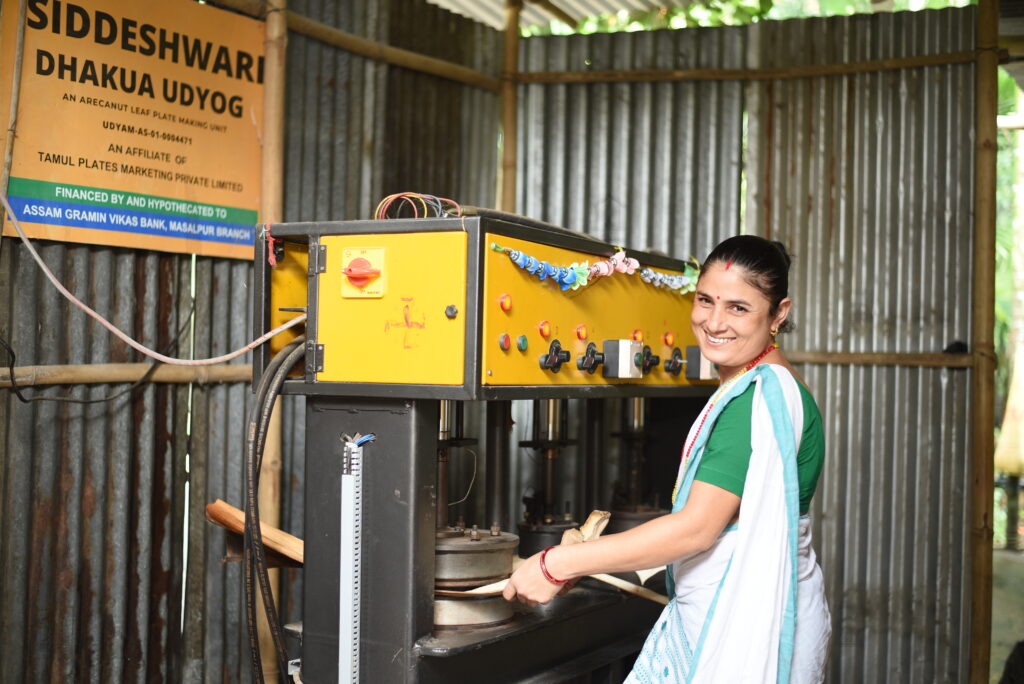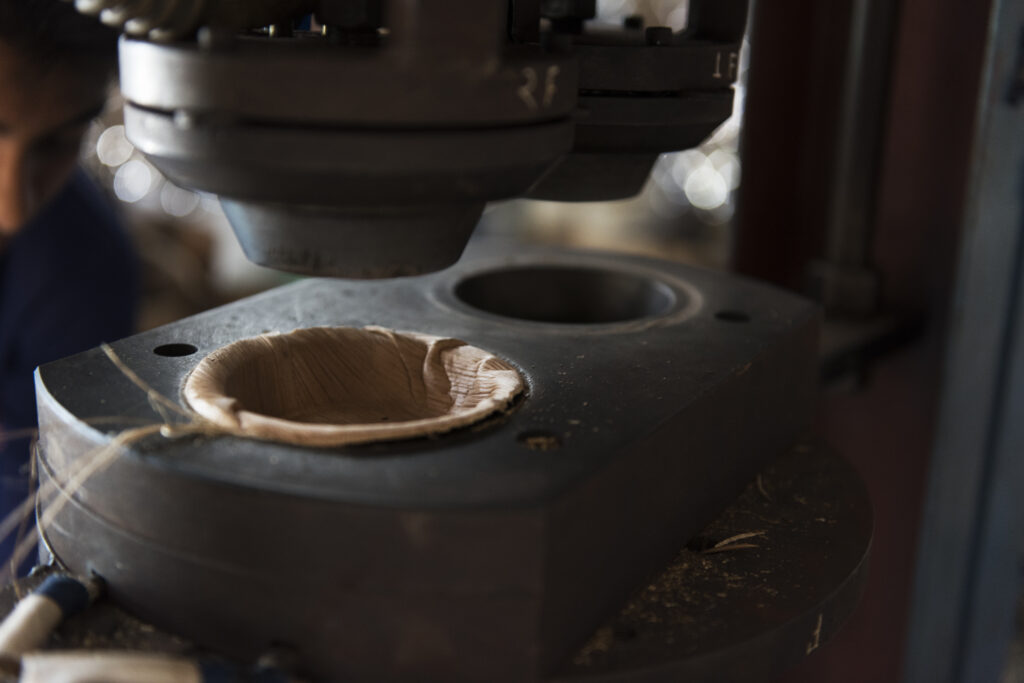Throughout history, society has enforced a stereotypical divide between men and women, men as providers, women as caregivers. While men pursued education, skills, and wealth, women remained tied to domestic responsibilities, leading to deep-rooted inequality.
Even when women accessed education, they were steered toward traditional roles like teachers, tailors, or domestic workers, while men dominated science, technology, and leadership positions.
Women cooked, but men became chefs. Women stitched, but men became fashion designers. Women taught, but men became principals.
Even in aviation, women were air hostesses, but rarely pilots.
This systemic bias marginalized women’s financial independence and leadership opportunities, a gap that must now be urgently addressed.
But times have changed.
Women today are well-educated, skilled, and breaking barriers across all fields. Job roles are becoming more inclusive and gender-sensitive, driven by a major shift in mindset.

With access to education, technology, and opportunities, women are proving their capabilities in every profession, not just as caregivers or assistants, but as leaders, innovators, and pioneers.
They are flying fighter jets, driving trucks, leading corporations, conducting cutting-edge research, and shaping policies that redefine the world. The barriers that once held them back are slowly crumbling, and a new era of true equality and empowerment is emerging.
Empowering Women in Rural North East India through Arecanut Leaf Plate Making: The Tamul’s Cluster Initiative
In 2018, Tamul decided to set up a cluster of rural women entrepreneurs in the arecanut leaf plate industry. From past experience, we knew that 70-80% of the workforce in the arecanut leaf plate value chain were women, but they were mostly sheath collectors rather than producers.
As collectors, these women earned only a small fraction of the final consumer price, and their income was low and seasonal. Instead of being passive participants in the value chain, we wanted to push them higher up, giving them access to better earnings and a larger share of the market.
At that time, arecanut leaf plates were primarily produced using manual pressing machines, which required high physical effort thus making them difficult for women to handle.
Building Inclusive Technology
We redesigned the machine to make it:
- Easier to operate, requiring less physical strength
- Compatible with domestic electricity
- Built with high-quality branded parts, to ensure smooth operations and minimal downtime

But technology alone wasn’t enough. We focused on intensive training, ensuring that rural women could:
- Operate the machine independently
- Understand each stage of the production process
- Continue upgrading their technical skills through refresher training
We also recognized that machine repair and maintenance could disrupt the momentum of production. So, we created a real-time technical support system that provides doorstep assistance whenever needed.
Creating an Ecosystem for Equal Opportunity
With all these services in place, we built an ecosystem where both women and men could focus on their production and earn equally.
- Today, women are operating our high-end arecanut leaf plate-making machines—both in our factory and in rural villages.
- They can change dies, detect basic technical issues, and ensure production efficiency.
- They earn an average monthly income of ₹10,000, have access to bank loans, and can send their children to school.
- Most importantly, they have become key decision-makers in their households and communities.
Accelerating Action for a Gender-Equal Future
The playing field has never been equal for men and women. But if we want true change, we must rethink policies from a gender-inclusive lens.
We must design ecosystems that offer women an extra cushion, so they can take off and soar. Only then can financial independence and empowerment translate into long-term, generational change.
Women of Tamul aren’t just earning for themselves. They are Changemakers and are Rewriting the Future.
Thus, we need to accelerate our actions. We need to ensure women across geographies and economic backgrounds can participate in this transformation. And only through collective action can we turn gender equality from a distant dream into a living reality.
Equal opportunities should be a norm, not an exception.

